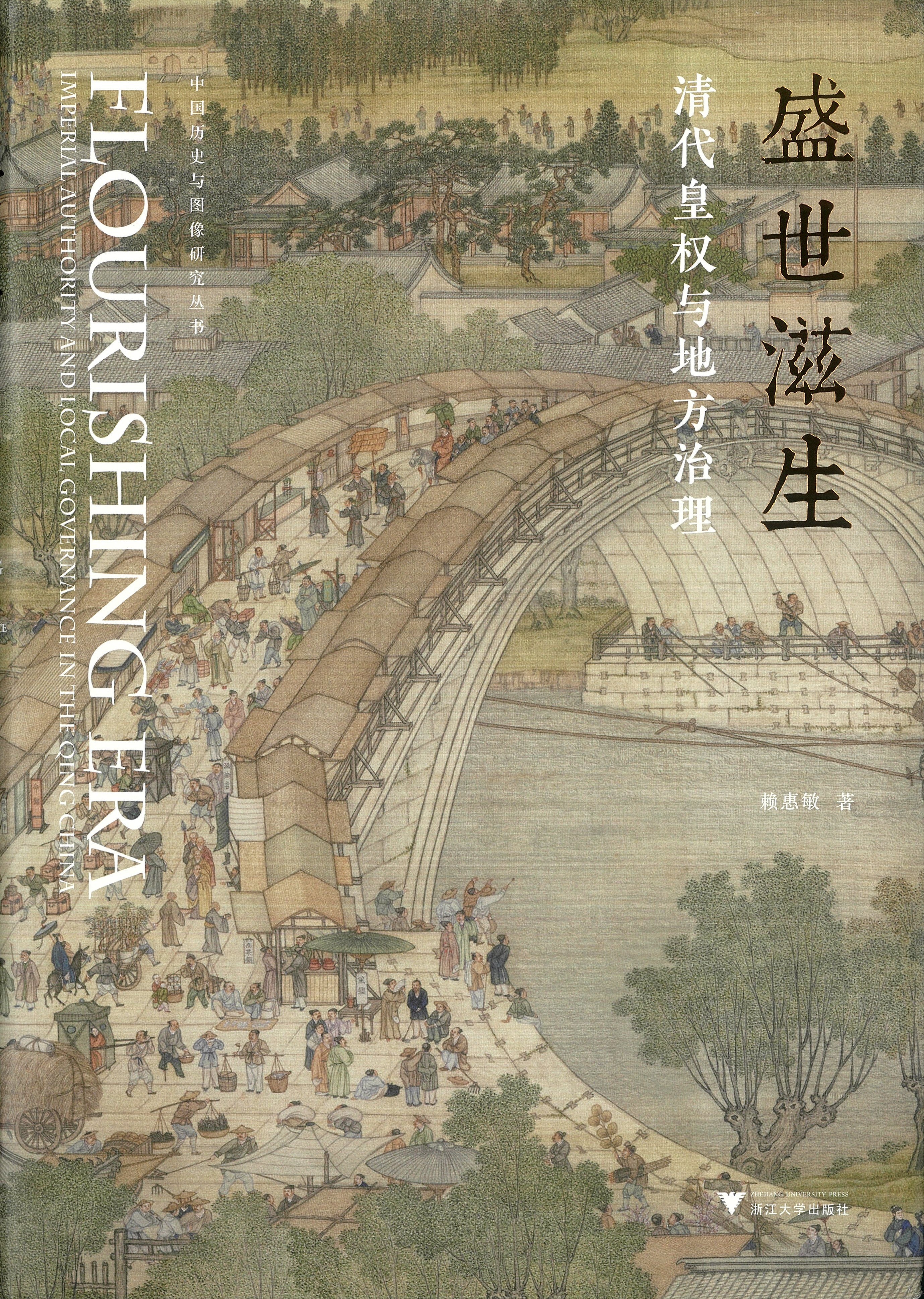Date: 2025-03-05
Flourishing Era: Imperial Authority and Local Governance in the Qing China begins with an edict issued in the 50th year of Emperor Kangxi’s reign for a fixed land tax quota, often known for the quote “the increase in population shall never result in additional taxes.” The concept “flourishing”, as shown in this book, sheds new lights on the taxation, territories, and resource distribution during the high Qing period. Emperor Jiaqing, through the Imperial Household Department, allocated silver to the Ministry of Revenue, military expenses, and garrison salaries. According to archival materials, the income from gold and silver between the first and twentieth years of Jiaqing’s reign was about 30 million taels, with over 10 million taels allocated to the Ministry of Revenue, military expenditures, and garrison salaries, accounting for about one-third of the total income of the Imperial Household Department. With a Confucian ideal, Emperor Jiaqing restrained personal material desires, contributed to the national treasury, and enhanced the effectiveness of local governance.
Furthermore, over the Ming and Qing dynasties, the heavy land taxes in the Jiangsu and Zhejiang regions had been criticized. To compensate the heavy burden of tax, the Qing Dynasty levied lighter taxes on tea marketing in these regions, and helped to expand the tea market to Mongolia with state power. In contrast, in areas like Sichuan and Gansu, which had lighter taxes and levies, the Qing increased tea taxes such as the tea tribute, tea tax, tea tickets, and tea fee as sources of local fiscal revenue. These fine-tuning policies contributed to the fiscal balance between coastal and border regions.









 Home
Home

